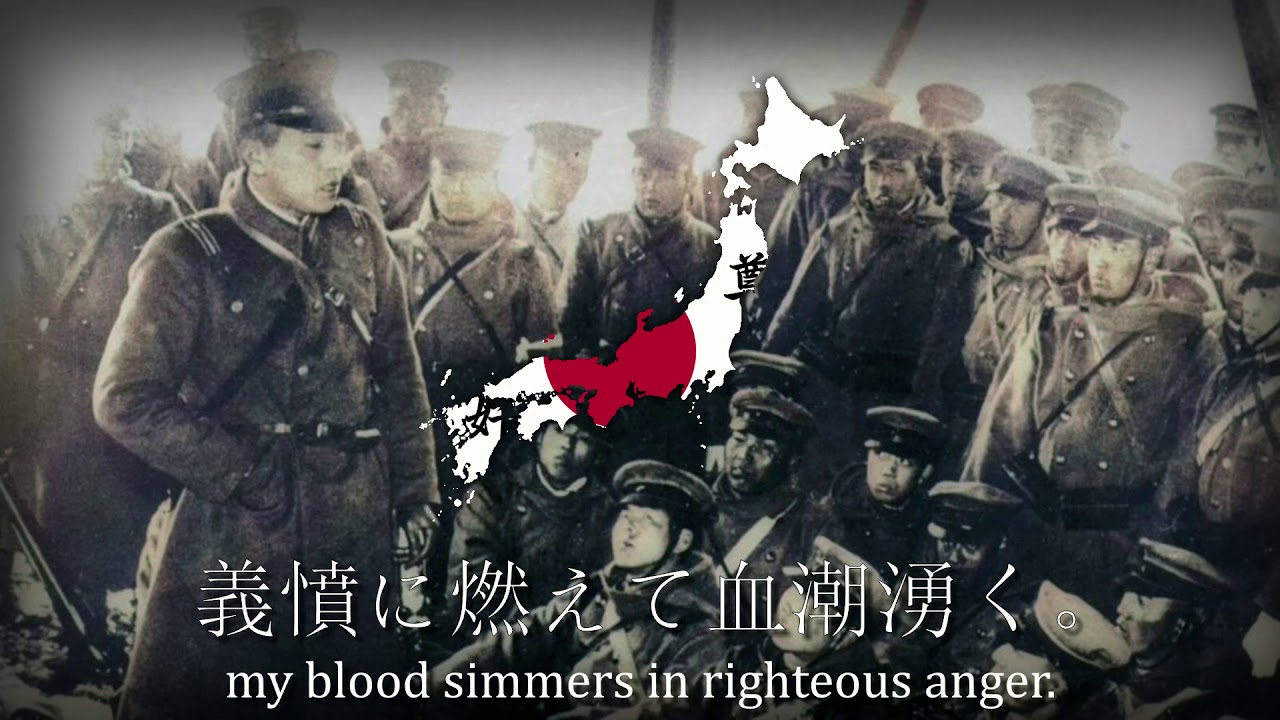Let the Commander Respond: The Paradox of Obedience in the Imperial Japanese Army, 1868 to 1945
 Between 1870 and 1945, the Imperial Japanese Army and Navy gave uniquely broad legal protection to subordinates who perpetrated crimes under orders of military superiors. Not only those who followed their superiors in breaching international law were given legal immunity, but also soldiers who violated under orders the standing laws of the Japanese Army. This gave rise to a so-called “paradox of obedience”: while disobedience among officers was rampant, their subordinates were expected to unquestionably obey their orders, even in rebellion against the Japanese government. This mix of blatant disobedience to the system at large on the one hand, and blind obedience to immediate superiors on the other, was a remarkable feature of the Imperial Japanese armed forces. Drawing on law codes and court cases, the following presentation analyzes the ways in which this “paradox of obedience” encouraged mutinies as well as war crimes, especially in the 1930s and during the Pacific War.
Between 1870 and 1945, the Imperial Japanese Army and Navy gave uniquely broad legal protection to subordinates who perpetrated crimes under orders of military superiors. Not only those who followed their superiors in breaching international law were given legal immunity, but also soldiers who violated under orders the standing laws of the Japanese Army. This gave rise to a so-called “paradox of obedience”: while disobedience among officers was rampant, their subordinates were expected to unquestionably obey their orders, even in rebellion against the Japanese government. This mix of blatant disobedience to the system at large on the one hand, and blind obedience to immediate superiors on the other, was a remarkable feature of the Imperial Japanese armed forces. Drawing on law codes and court cases, the following presentation analyzes the ways in which this “paradox of obedience” encouraged mutinies as well as war crimes, especially in the 1930s and during the Pacific War.
Danny Orbach is an associate professor for history and Asian studies at the Hebrew University of Jerusalem. He specializes in military history, political assassinations and coups, military adventurism, illegal orders, dynamics of military massacres and the history of intelligence and espionage. Among his books: The Plots against Hitler (Houghton Mifflin Harcourt), Curse on this Country: The Rebellious Army of Imperial Japan and Fugitives: A History of Nazi Mercenaries during the Cold War. His books were translated to numerous languages, including Thai, Japanese, Hebrew, French, Hungarian, Italian and Spanish.
